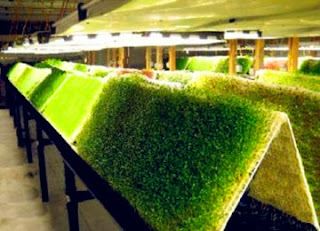In more than half of European countries, there are not enough honeybees to pollinate crops, according to new research. The shortage is particularly acute in Britain which has only a quarter of the honeybees required. The number of honeybees in the UK and elsewhere has been in decline in recent years, with both pesticide use and disease being blamed for losses.
The demand for insect pollination has grown 5 times as fast the number of honeybee colonies in Europe, according to new research conducted at the University of Reading. The research shows that famers are increasingly relying on wild pollinators, such bumble bees, solitary bees and hoverflies even though there are few safeguards to protect their numbers.
According to data collected from 2005 to 2010, more than 1/2 of European countries, including the U.K., Germany, France and Italy, did not have enough honeybees to pollinate crops. The U.K. was worst hit by the shortage and has only a fourth of the bees they require. The only country with a bigger deficit was Moldova, one of the poorest countries on the continent.
There will be a growing disconnection between agricultural and environmental policies across Europe. Farmers are encouraged to grow oil crops, yet there is not enough joined-up thinking about how to help the insects that will pollinate them.
Your Cheap And Quality Hydroponics System from Chicfarm http://www.chicfarm.net




沒有留言:
張貼留言